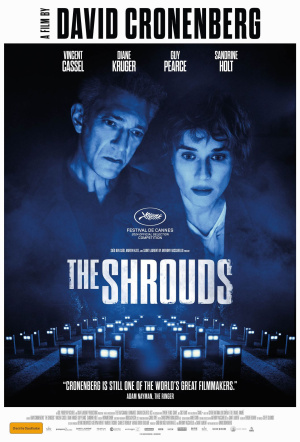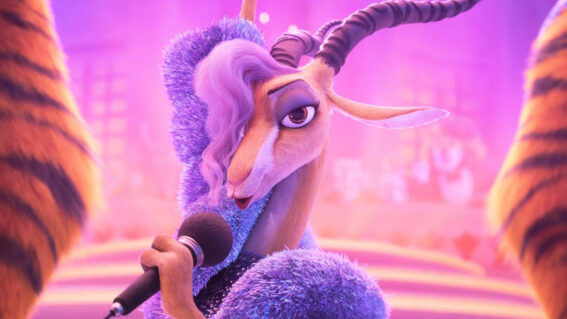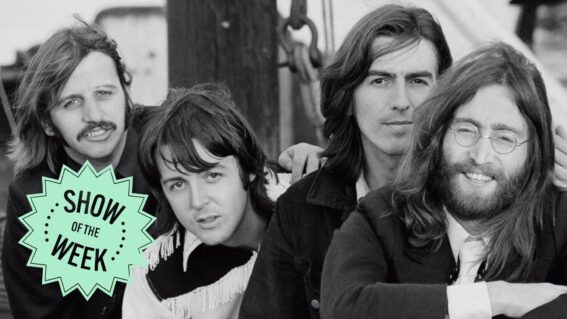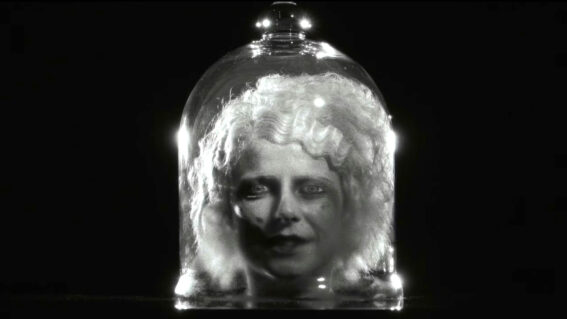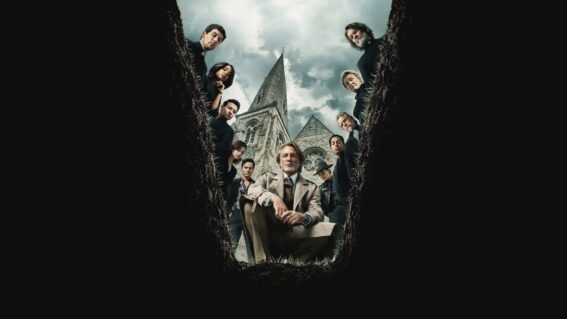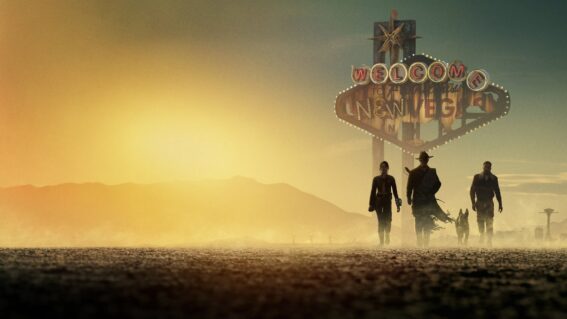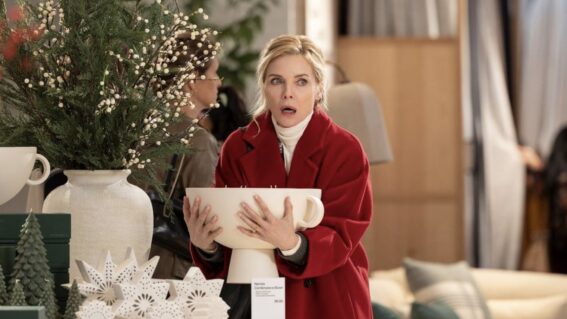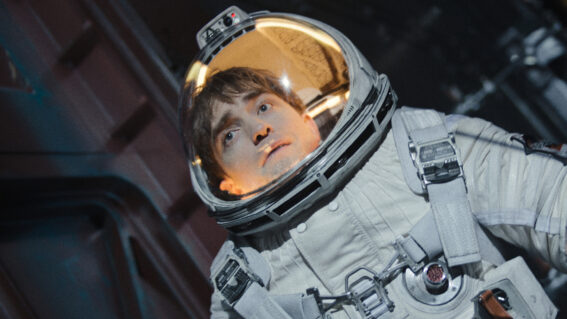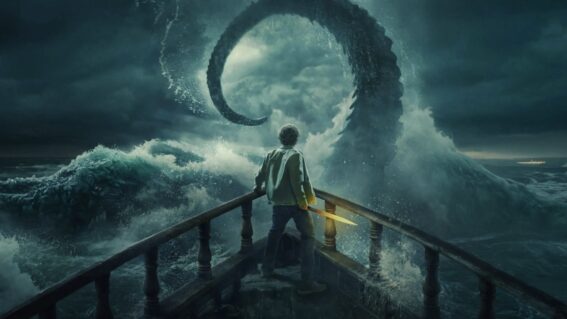More eulogy than subversion, Cronenberg’s The Shrouds is unfocused, funny and sad
David Cronenberg returns with The Shrouds, blending his usual body horror with personal reflections on grief.
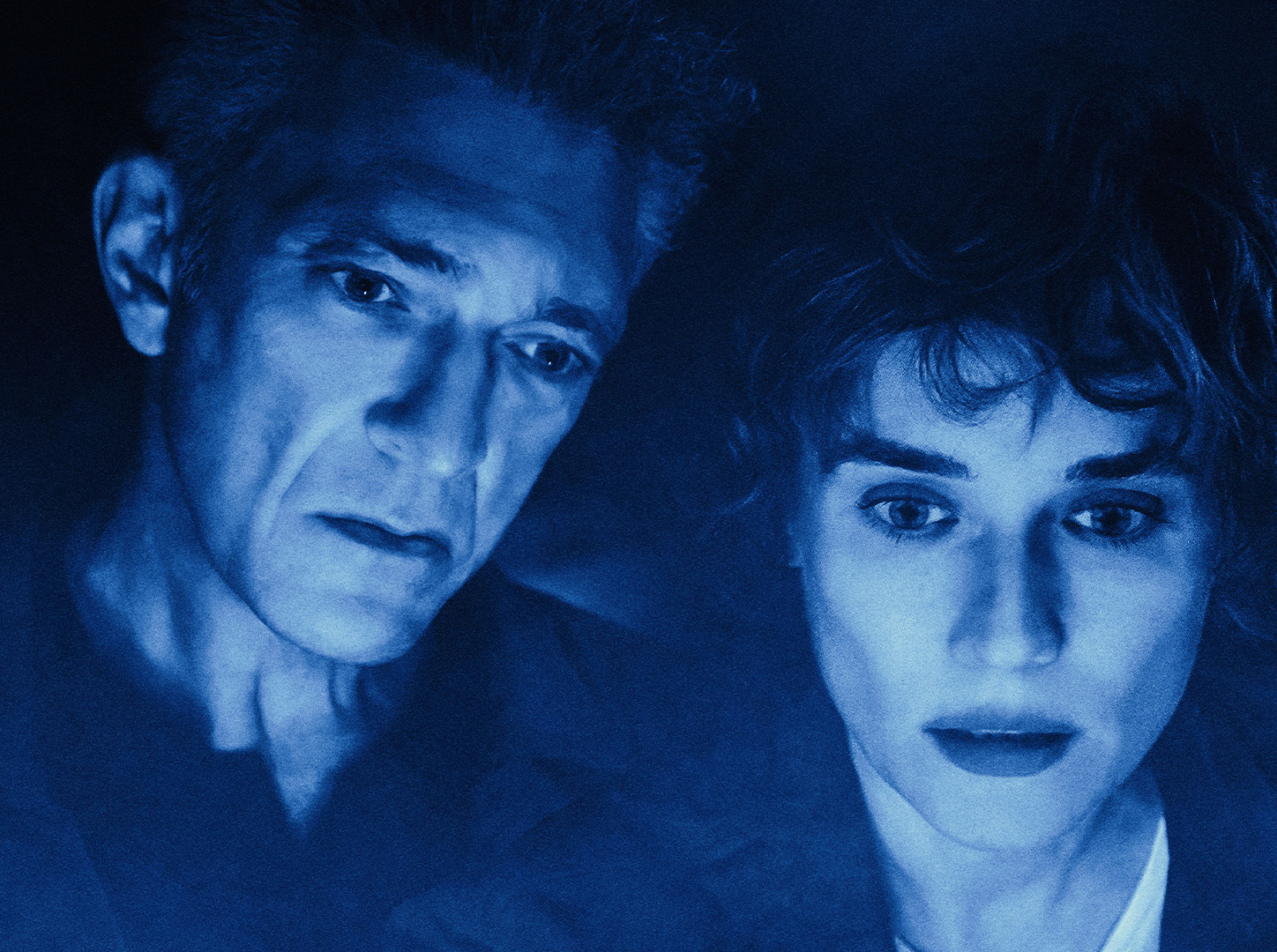
The Shrouds is David Cronenberg’s first film as an octogenarian. He’s not above casting a magnetically sexy Vincent Cassel as his self-insert character here, sure—but the Canadian body horror auteur can’t deny the morbid and frank fact that the end—his end—is in sight.
Cronenberg once used virile, ruthless male protagonists played by Jameses Spader and Woods to stand in as his authorial avatars, proclaiming a revolution of “the new flesh”, before finding a fresh muse in his Viggo Mortensen-led output of the 2000s. The pair’s last collaboration, 2022’s more straight-forwardly creepy Crimes of the Future, already touched on autobiographical anxieties, with Mortensen cast as an ailing performance artist who resents his audience for their bloodthirsty delight in his creations.
Now working in a more minor, messy key, Cronenberg shows the toll of an obsession with bodies, transformation, and obsession itself—and while some absurd passages will put off uninitiated audiences, there’s sad and funny pleasures to be had for Cronenberg cultists.
Cassel’s businessman character is blessed with a ridiculous, portentous name—“Karsh Relikh”—and a Saint Laurent wardrobe, but cursed with painful visions of his wife Becca’s slow death from cancer.
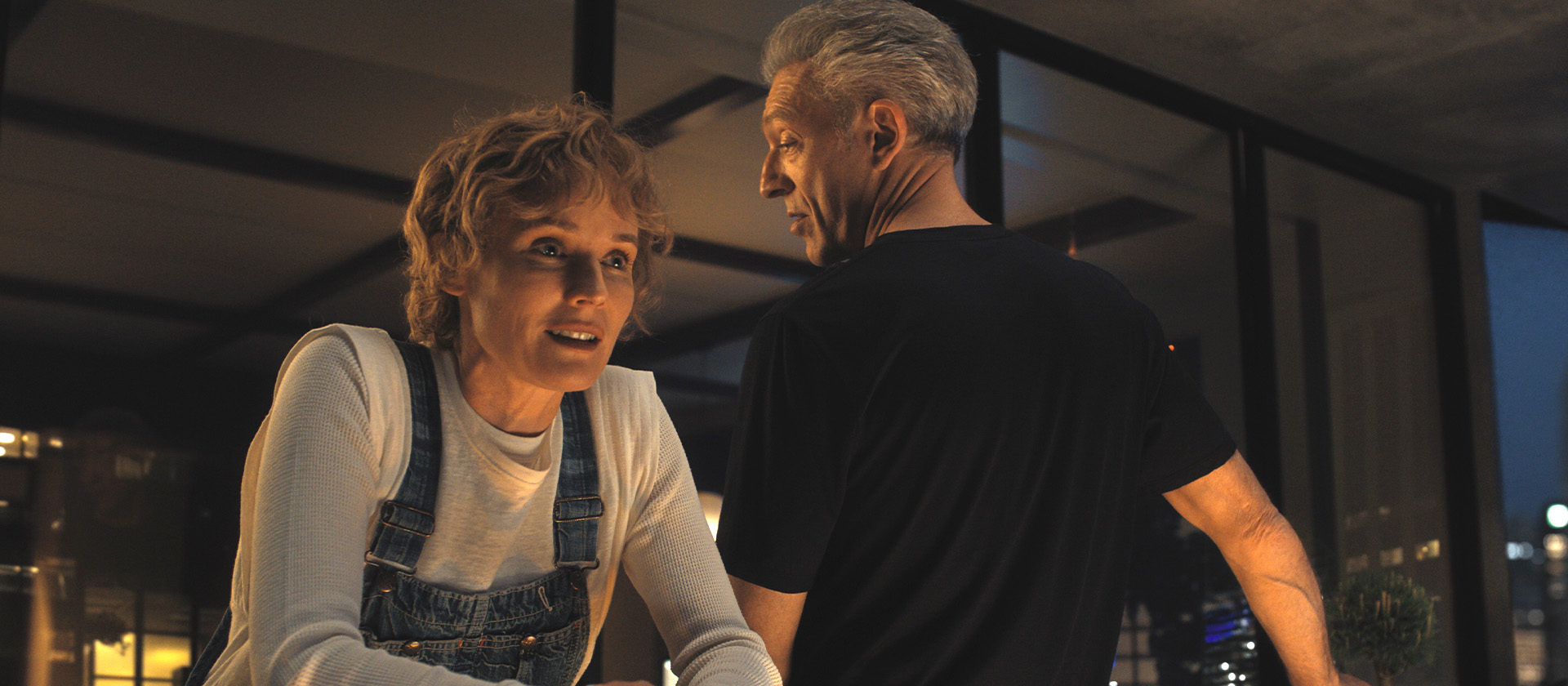
When we meet him, he’s ruining a blind date by introducing a new lucky lady to Becca’s futuristic grave; Karsh is able to get real-time footage of her rotting bones thanks to the troubling technologic garment she’s enveloped in, agonising over every spot of lost flesh or exposed skeleton. Including the new, unexplainable tooth-like growths that have begun to appear in the empty cavities of her skull.
In a neo-Hitchcockian turn, Diane Kruger plays both the lost Becca, her more earthy, identical sister Terry, and the Animoji-like AI assistant Hunny whom Karsh relies upon for his day-to-day schedule management. Each of Kruger’s women confronts Karsh with questions of passion and property, despite two of them not existing in the same physical realm as the guy whose mind they manipulate.
Should Karsh really hop into bed with Terry, or is his seductive blind client Soo-Min (Sandrine Holt) a better option for a funereal rebound? Because this is a Cronenberg film, we get some genuinely romantic, erotic sex scenes amongst the more cold and clinical discussion of surgically removed breasts and hands. Even in the darkest depths of his mourning, this guy fucks, etc. etc.
If Cronenberg’s 1970 horror The Brood was a bitter missive to an ex, The Shrouds is a warmer, more complicated eulogy of love cut down before its time—reflecting the death of the director’s spouse Carolyn, to whom he was married until her passing in 2017. The script is still bound up in a typical tech mystery, of how Becca’s body and the garment through which Karsh surveils it might be allowing her a twisted new life from her very grave.
Guy Pearce’s nebbish IT nerd Maury is a bizarre element, his real significance to this central scientific anomaly and later, some cemetery vandalism, never quite pinned down or definitively decided upon. But by operating through his own, highly personal paintbrush, Cronenberg arrives at something that’s winningly singular and engaging, if not entirely cohesive.
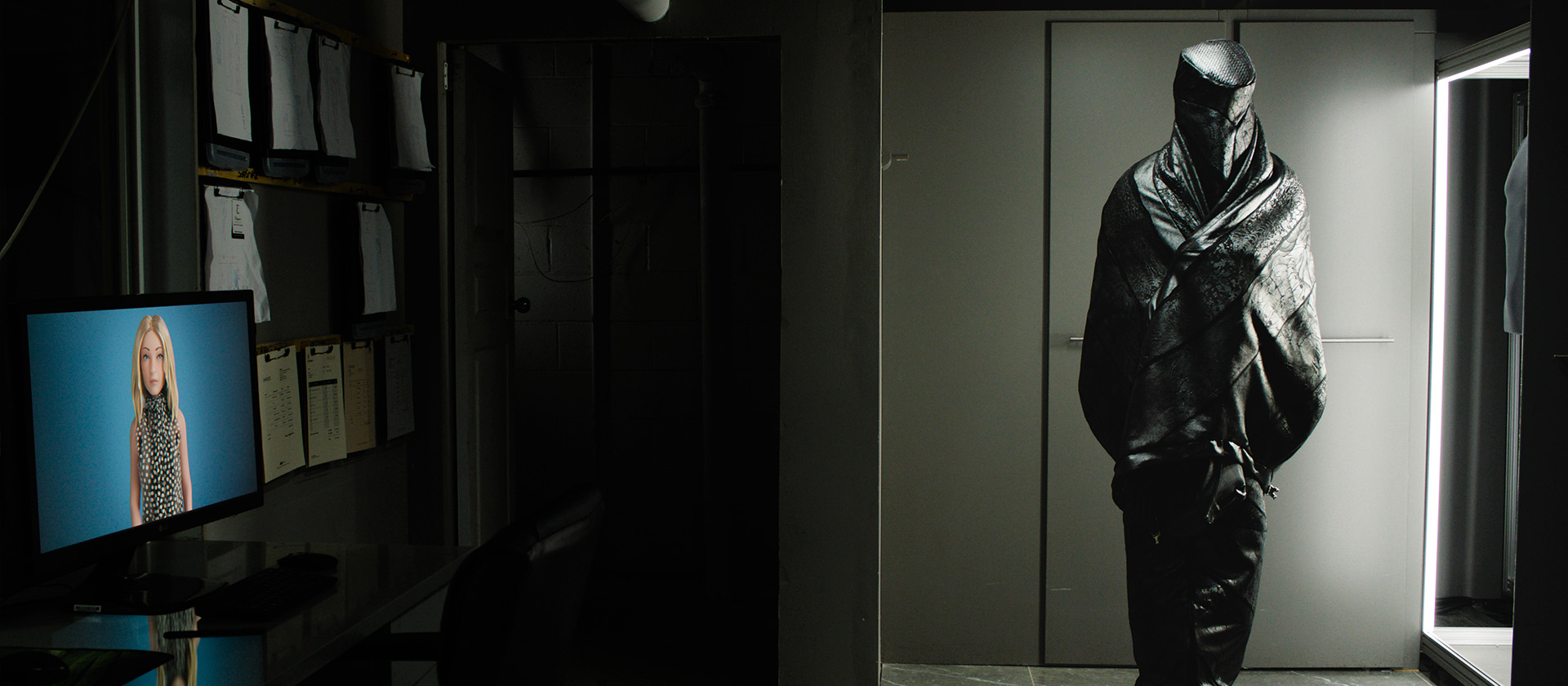
The paint on that brush is obviously black, by the way—black for the movie’s single-minded, funereal sentiment, and for its surprising black comedy beats. The director strikes us as an entertained iPad grandpa, taking stock of the latest advances in tech and its problematic influence on human bodies with bemused detachment; we hear plenty of laughable product and app names, and annoying animated sidekick Hunny becomes corrupted in one of the movie’s most successfully jarring scenes.
This never once devolves into elderly-grr-tech-bad moralising, because Cronenberg is above it. But Cassel’s performance is also versatile and absorbent enough to swing between self-seriousness and humorous reaction to the insanity of the script’s worldbuilding, originally developed as a show for Netflix (???).
One minute he’ll be shedding a tear about how Becca’s body was his entire world, for a moment allowing us breathing space in the keenly-felt human depths of Karsh’s loss; the next he’s spouting off at Pearce over FaceTime, yelling “fuck you, Maury, you’re a paranoid schizophrenic and you trashed my cemetery. I’m thinking NavGuide to the police!”
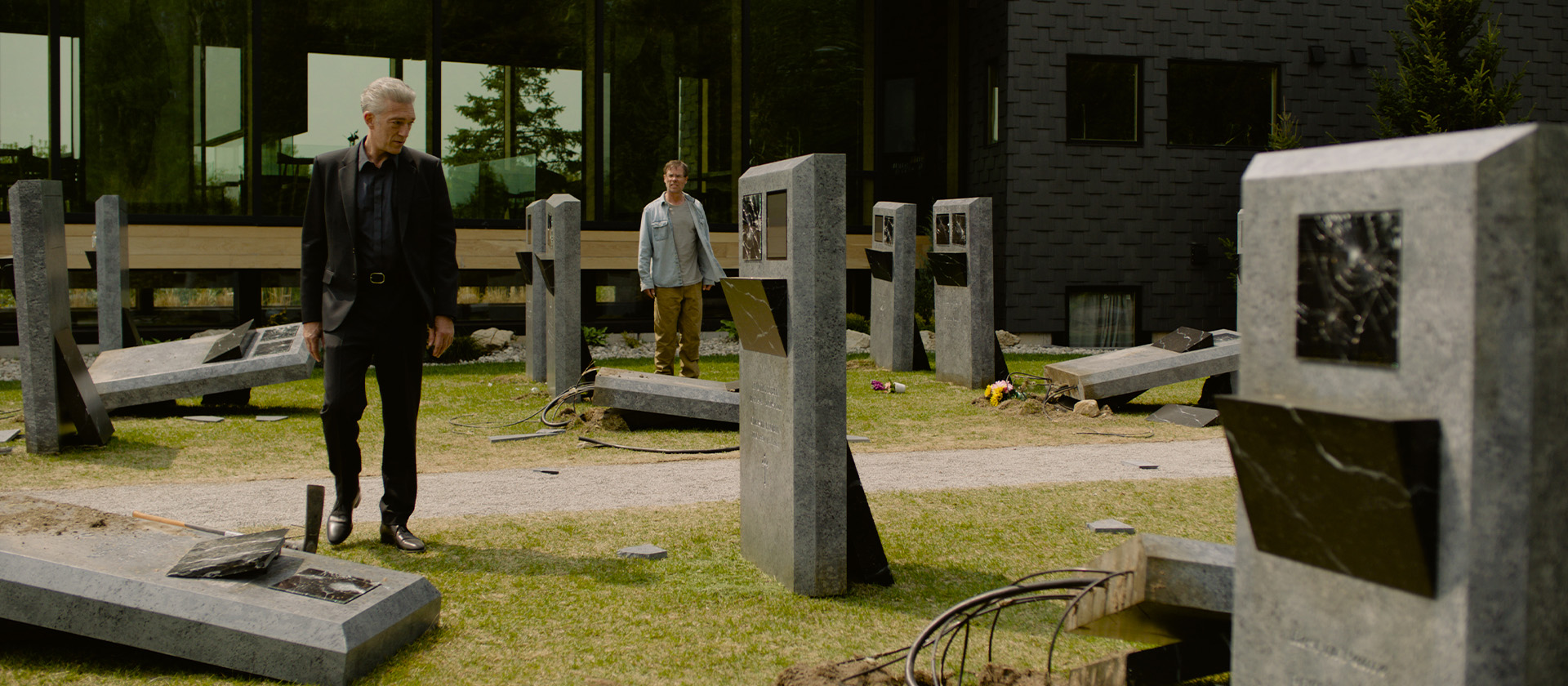
There are missed opportunities in The Shrouds, such as our unfortunately brief time spent with the titular funeral fashions; the narrative arcs of Karsh’s romantic prospects can feel abortive against that central, sorrowful love story. The film’s ending, too, feels like it comes abruptly after a few stranger, more solid third-act scenes which seem to serve a similar function.
However, if you can count on any filmmaker to deliver their own confounding, provocative obituary while they’re still (thankfully!) living and walking amongst us, it’s Cronenberg. I hope he has plenty more visions to share in his lifetime, but The Shrouds can proudly stand as a cinematic tombstone for movie-freak mourners to visit from their own unrecognisable, sickening future.
Originally published by Flicks on August 14, 2024.





